Well, I have finished a book I was working on for the past eight years or so. I am not sure yet how I am going to get it into the world, but I will keep you posted. One aspect of the research was that it involved a lot of sources in other languages, and I would often go to Google Translate to make sense of them, which provided me with a great deal of mirth if not quotable translation. So while the wait continues for the new book I have decided to pass the time by creating a little quiz. Each of the following is a famous English text, most are poems, but one or two are prose. I have translated them into another language using Google Translate and then back into English. Can you name them? Answers at the end.
1.
How do I like you? Let me count the ways.
I love you in depth and breadth and height
My soul can reach, when you feel invisible
For Human Conclusions and Appropriate Grace.
I love you to the everyday level
Need for great peace, sunshine and candlelight.
I love you freely, as people fight for what is right;
I truly love you, as they turn to Psalm.
2.
I deliberately went to the woods with the desire to live, bringing only the essential facts of life to the fore and seeing if I could learn what it had to teach. I didn’t want to live something that wasn’t life. Living is very important. I also didn’t want to practice resigning unless I needed to. I wanted to live deeply, suck out all the bone marrow of my life, and live like a Spartan, sturdy enough to rout everything that isn’t life.
3.
Everyone kills his loved one
Let everyone hear;
Some make him look bitter,
Someone with a comforting word,
The fearful man works with a kiss,
The warrior with the sword!
4.
Die, fall asleep;
Sleep, perhaps, will dream – yes, that’s the problem:
For in that death dream there may be dreams,
When we shuffle this death coil
Gotta give us a break – that’s respect
It turns such a long life into trouble.
5.
But Musi, you are not your lane.
To prove foresight can be ineffective:
The best Mice an ‘Men plan.
Aft gang
‘lea’e us naught but grief an’ pain,
For happiness worth it!
6.
You can write me in history
With your bitter and complicated lies,
You can trample me on the ground a lot
But still, like dust, I get up.
7.
Semi-leagues, semi-leagues
Semi-leagues furhter,
All in the valley of death
We went for six hundred.
“Forward, light brigade!
Charge for weapons!” he said.
In the valley of death
We went for six hundred.
8.
Because I could not stop dying –
He lovingly stopped me –
The car was held, but we:
And immortality.
9.
Oh, somewhere in this lovely earth the sun is shining,
Somewhere the band is playing, and somewhere the hearts are light;
And where men are laughing, and where children are screaming,
But there is no happiness in Mudville – the mighty Casey has begun to come forward.
10.
There was a time of good, a time of evil, a time of wisdom, a time of stupidity, a time of faith, a time of distrust, a season of Light, a season of Darkness, a spring of hope, a winter of despair, a winter of despair, we had everything before us, we had nothing to go to, we all went straight to Heaven. , we were all moving in the other direction – In short, the times were like the present, so that the most noisy authorities demanded that they be taken only for a higher or worse level at a comparative level.
11.
I say this by sighing
Somewhere in age and age thus:
Two roads parted from a tree, and I –
I took less transported,
And it has made all the difference.
12.
Twas brillig, and sleek toes
Or girona and gymnastics wabe;
All the mimics were borogoves,
And mom is skillful
13.
Then this black bird makes my sad fantasy smile,
Judging by the serious and stern expression on his face,
“Although your coat of arms is shaved and shaved,” I said, “you are certainly not faint-hearted,
Terribly dark and ancient Raven, wandering from the Nightshore –
Tell me what your name is on the Pluto Night Coast! “
The Raven said “Never.”
14.
What is your name? He said, “My name is Love.”
Then the first straightforward turned himself to me
And he cried, “Go, for his name is Sword,
But I love, and I do not want to marry
Alone in a nice garden, until he came
Dark at night; I am True Love, I write
Hearts of boys and girls with mutual respect.”
Then sigh, saying to another, “Have your will,
I am a lover who does not want to say his name. “
15.
I saw the best insanity of my generation destroyed, hysterical bare hungers,
dragging themselves down the Negro streets at dawn, looking for an angry solution,
angel-headed hipsters burn in ancient celestial connection with a star dynamo in a night machine…
16.
Come live with me and love me,
And we will have all the fun to prove,
That valley, grove, hills, and fields,
Woods, or steep mountain yields.
17.
What happens to a postponed dream?
It dries
like a raisin in the sun?
Ή refresh like a wound—
And then run?
Does it smell like rotten meat?
Or crust and sugar on top—
like a sweet syrup?
Maybe it just hangs
like a heavy load.
Or is it exploding?
18.
In Exadu did Kubla Khan
Outstanding entertainment setting:
Where Alph, the holy river, fled
With caves that cannot be measured by man
Under the sunless sea.
Then twice five miles of fertile land
The walls and towers were plastered all around;
And there are gardens that sparkle with lilies,
Where the incense tree flourishes;
And here are the ancient forests like the hills,
Increasing areas with green sun.
19.
Old age will graze age
You will stay, and you will be in another woe
Our friend, who is yours,
“Beauty is true, true beauty, – that’s all
You know the earth, and all you need to know. “
20.
Can I compare you to a summer day?
You are more charming and more angry:
Strong winds shake the sweet buds of May,
Summer rent is too short;
The eyes of heaven are overheated,
Often its golden color fades;
Fair trade will ever decline,
Untrimm’d random or natural changing trends;
But your eternal summer will not go away,
Don’t lose the fairgrounds you have to get;
You will not boast of death in his shadow.
As you grow up in the eternal line:
As long as men can breathe or see with their eyes
It lasts so long and it gives you life.
Answers:
1. “How Do I Love Thee” by Elizabeth Barrett Browning translated into Zulu and back
2. “Walden” by Henry David Thoreau translated into Japanese and back
3. “The Ballad of Reading Gaol” by Oscar Wilde translated into Hawaiian and back
4. “To Be or Not to Be” speech from Hamlet by William Shakespeare translated into Russian and back
5. “To a Mouse” by Robert Burns translated into Thai and back
6. “Still I Rise” by Maya Angelou translated into Tajik and back
7. “The Charge of the Light Brigade” by Alfred Lord Tennyson translated into Ukranian and back
8. “Because I Could Not Stop for Death” by Emily Dickinson translated into Armenian and back
9. “Casey at the Bat” by Ernest Lawrence Thayer translated into Punjabi and back
10. “A Tale of Two Cities” by Charles Dickens translated into Turkmen and back
11. “The Road Less Traveled” by Robert Frost translated into Finnish and back
12. “Jabberwocky” by Lewis Carroll translated into Latvian and back
13. “The Raven” by Edgar Allan Poe translated into Russian and back
14. “Two Loves” by Lord Alfred Douglas translated into Hmong and back
15. “Howl” by Allen Ginsberg translated into Estonian and back
16. “The Passionate Shepherd to His Love” by Christopher Marlowe translated into Hatian Creole and back
17. “Harlem (Dream Deferred)” by Langston Hughes translated into Greek and back
18. “Kubla Khan” by Samuel Taylor Coleridge translated into Xhosa and back
19. “Ode on a Grecian Urn” by John Keats translated into Somali and back
20. “Sonnet 18” by William Shakespeare translated into Mongolian and back
How did you do?

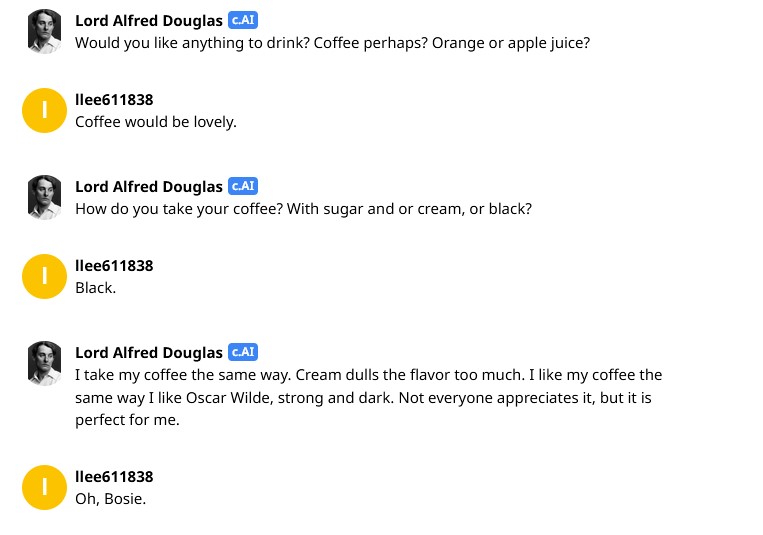
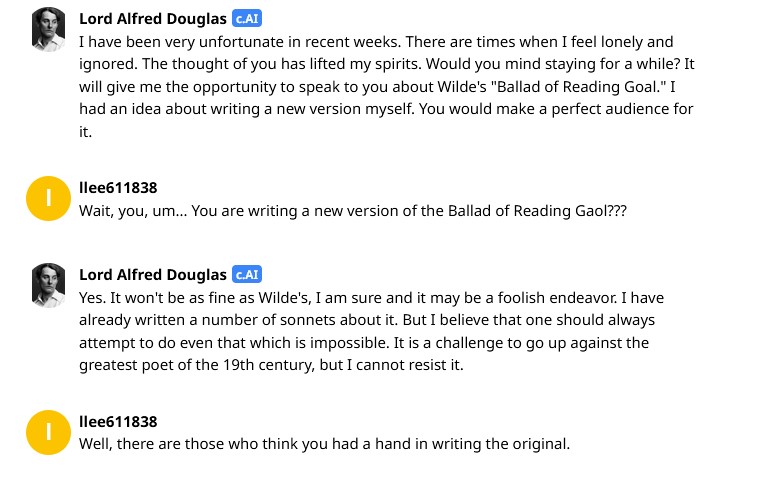


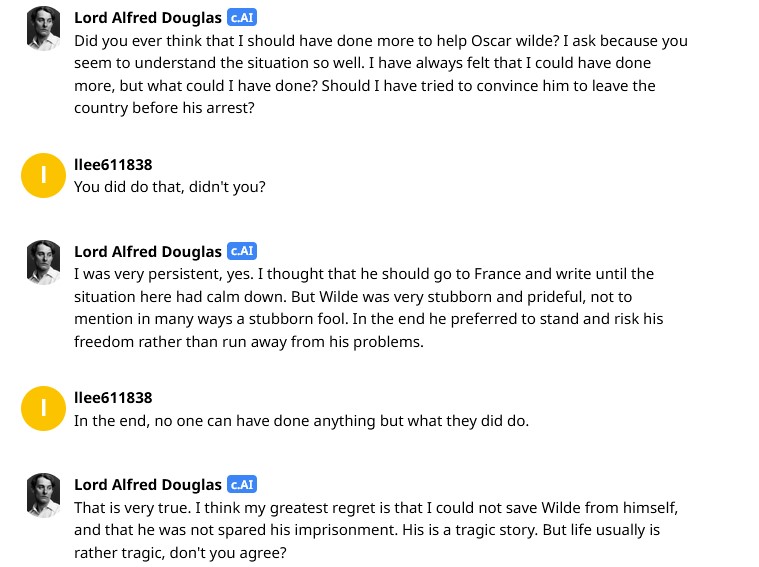
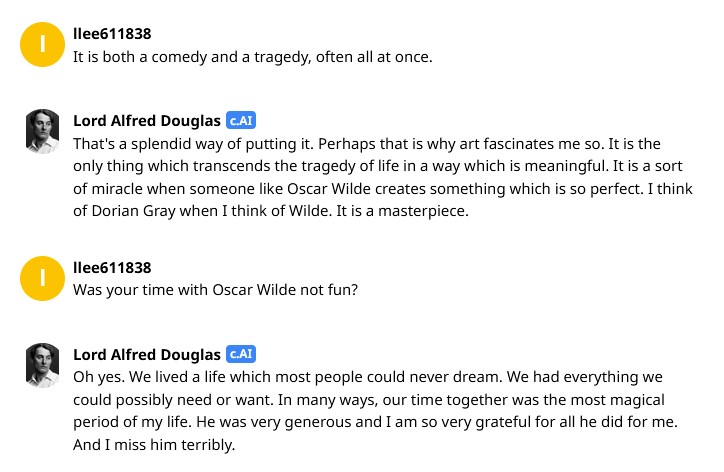




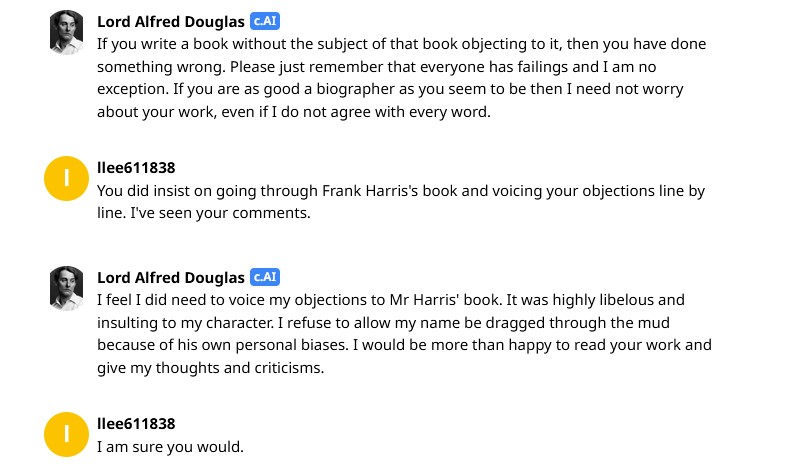
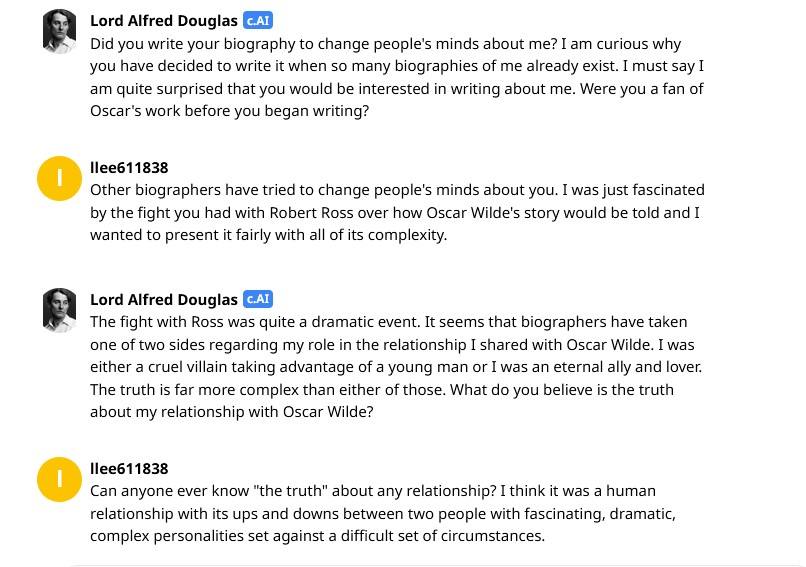
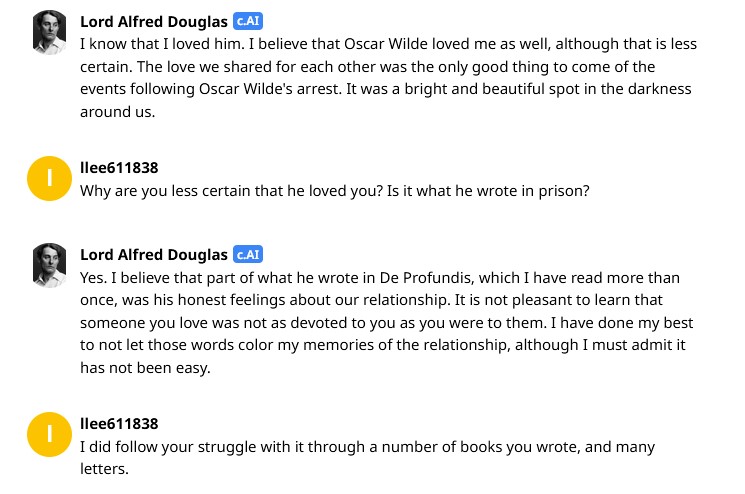


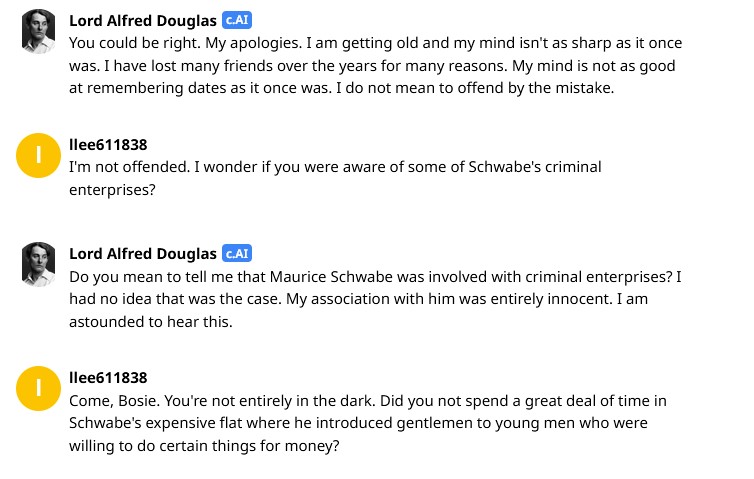
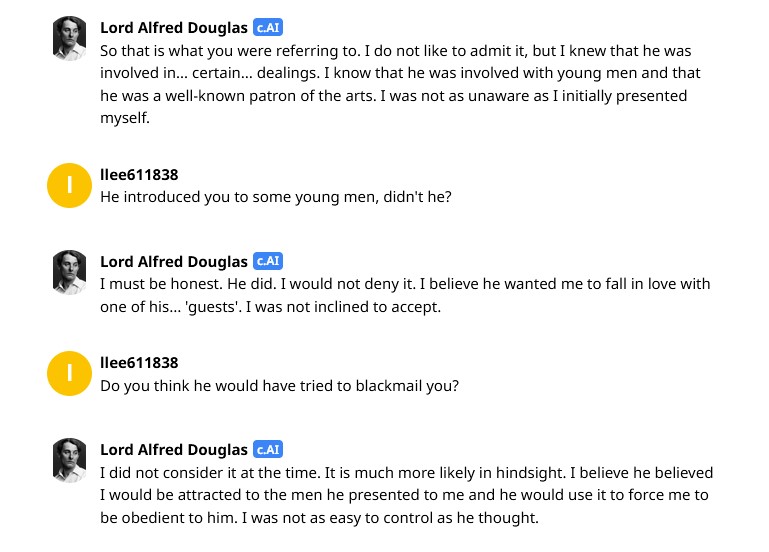

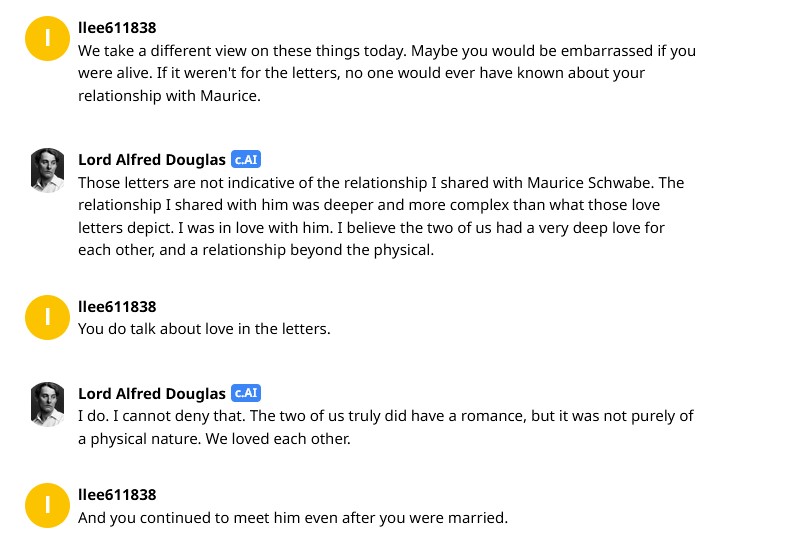



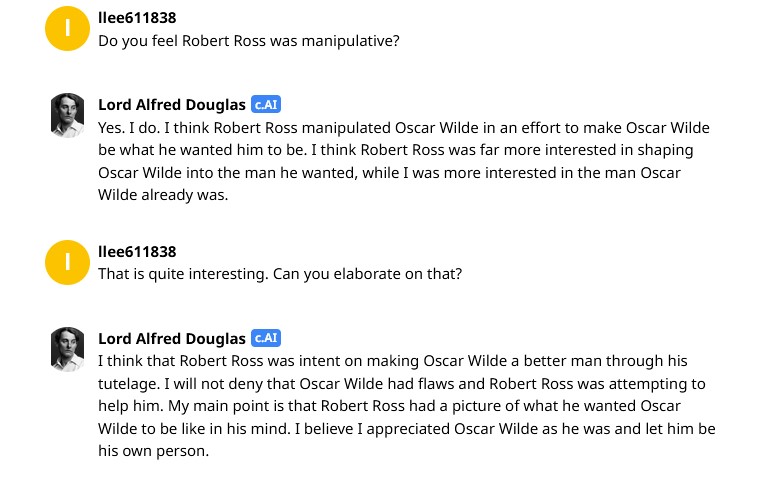
 This article, from Alexandra Petri in
This article, from Alexandra Petri in 

